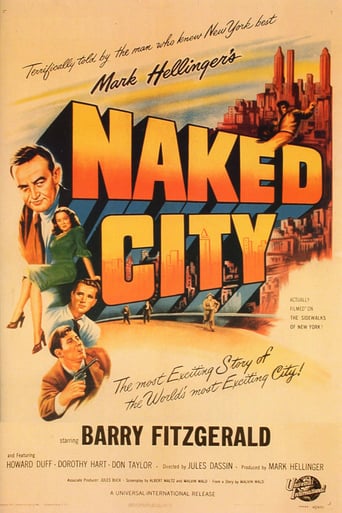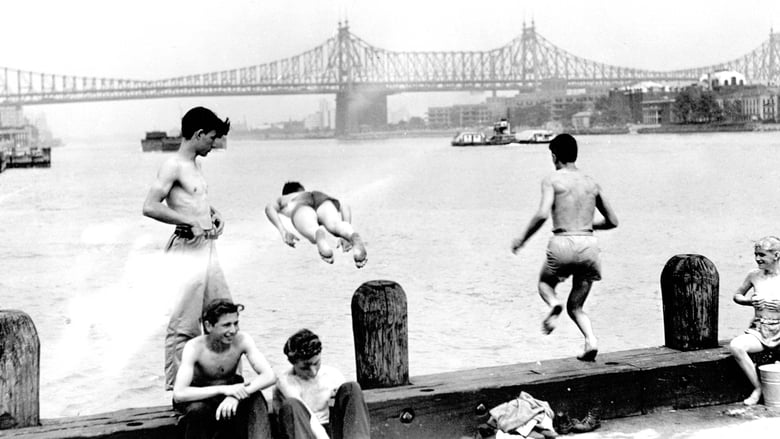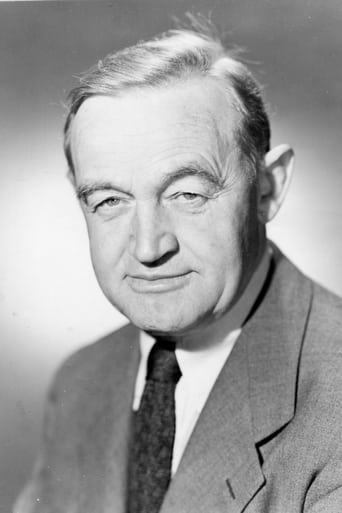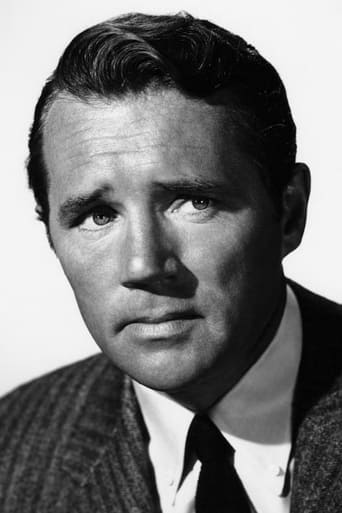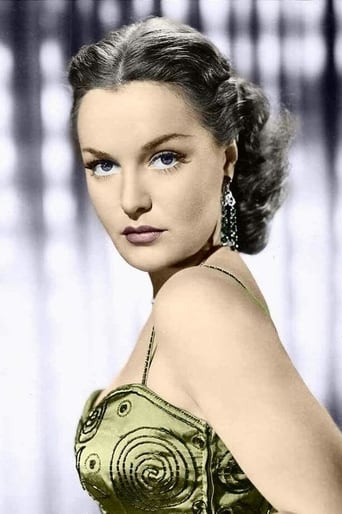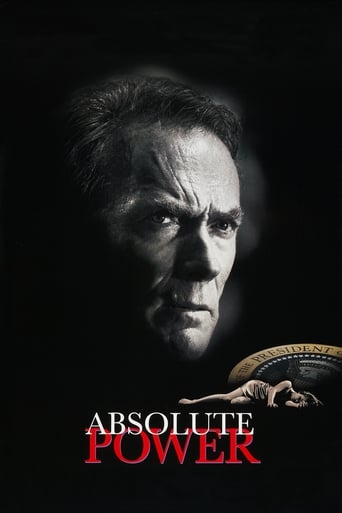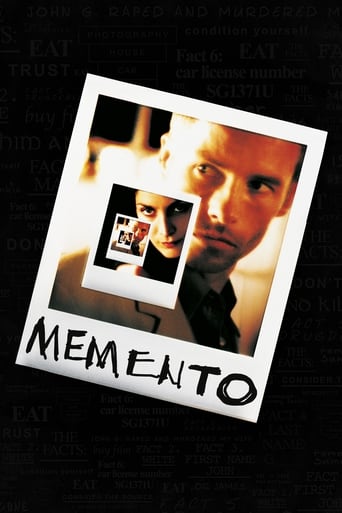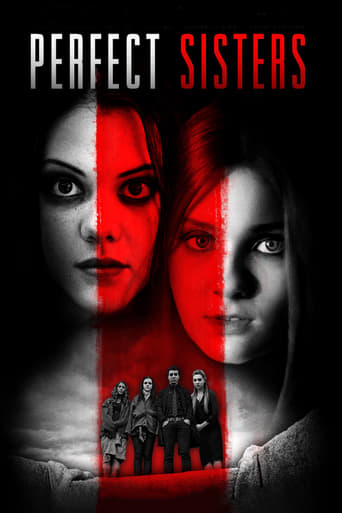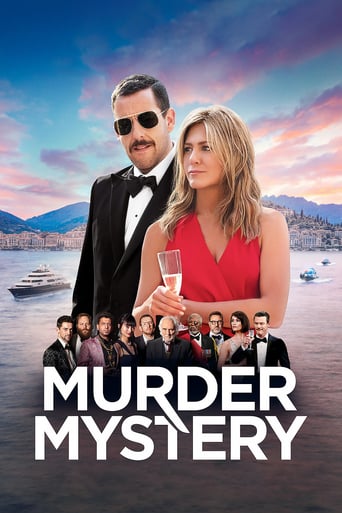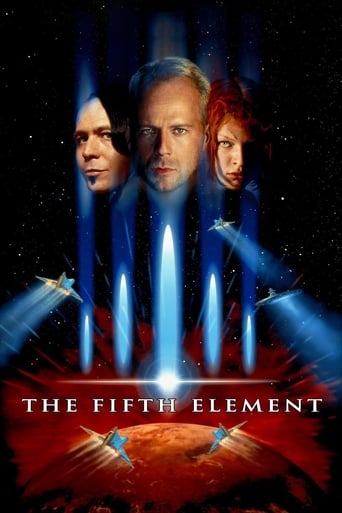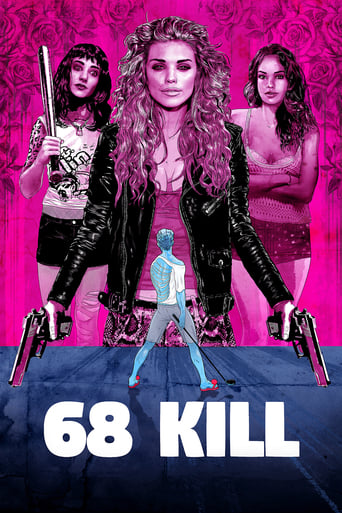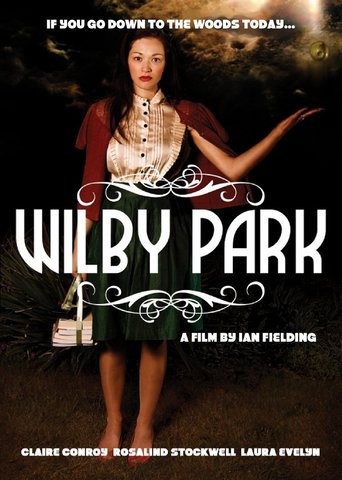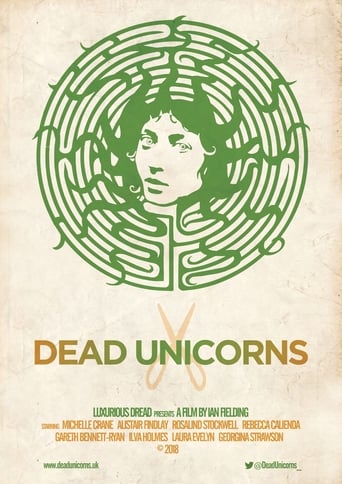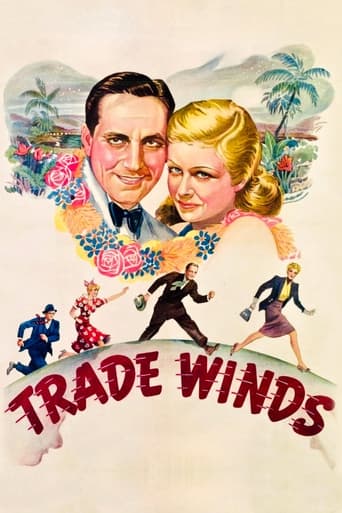The Naked City (1948)
The Naked City portrays the police investigation that follows the murder of a young model. A veteran cop is placed in charge of the case and he sets about, with the help of other beat cops and detectives, finding the girl's killer.
Watch Trailer
Cast


Similar titles
Reviews
A Major Disappointment
There are better movies of two hours length. I loved the actress'performance.
This is a coming of age storyline that you've seen in one form or another for decades. It takes a truly unique voice to make yet another one worth watching.
Exactly the movie you think it is, but not the movie you want it to be.
This film has so many positive aspects to it that I decided to ignore the point when the narration, as innovative and unique as it was for its time, reached beyond the limits of funkiness and corniness, which is very unlike the New York City of my memories. While I actually appreciated the narration at times, it eventually became too much of a good thing, especially some of the ridiculous and annoying comments interjected by many of "the average city folk on the street". Mark Hellinger, the producer, may have passed away too soon after his very personalized "love note" to New York was completed, but didn't director Jules Dassin ever bother to observe the finished product before it was finally released to the world?I like the realistic atmosphere of the hot summer days and nights in New York, and, for a time, the documentary style did succeed in authenticating a fictional story. Barry Fitzgerald, Howard Duff, and Don Taylor (remember him as Elizabeth Taylor's seriously upstaged groom in "Father of the Bride?") turned in very decent performances. I also enjoyed catching a brief glimpse of Arthur O'Connell as an inquisitive police detective several years before he hit the jackpot with his Oscar nominations in "Picnic" (1956) and in "Anatomy of a Murder" (1960), both outstanding, memorable accomplishments. If Mr. O'Connell continued to be neglected by Hollywood, as he was for nearly two decades, we would have been all the poorer for it. The two actors who left the biggest impressions on me here were not the leads but rather Ted de Corsia, who effortlessly played a very sinister Willy Garzah, and a mostly unknown Adelaide Klein as the mother of murder victim, Jean Dexter, in two very gripping and convincing scenes inside and then outside of the city morgue.Aside from the often goofy interjections of the pedestrians on the street, which were not only unnecessary but at times disruptive to the natural flow of events on the screen, I thought this was a decent movie, which allowed us a no-nonsense, if not disturbing, view of the Big Apple in the simmering summer of 1947 before the days of air conditioning, all in glorious black and white. This movie was playing in the theaters at the time I was conceived in the spring of 1948, so that may explain my close connection to it and to many other movies produced in 1948 and 1949. As a matter of fact, I very nearly entered this world in the popcorn littered aisle of a movie theater in Newark, New Jersey, and the rest is history.
"There are eight million stories in New York City," intones the narrator, "and this is just one of them." Not all stories are as gripping as this one, though. The Naked City is a tough-as-nails detective noir (there are two murders in the first five minutes) from Jules "Rififi" Dassin, and it delivers all the suspicion, salaciousness, and shooting one could hope for – albeit not much more.As with his previous film, the prison drama Brute Force, Dassin is plunging us into a brutal underworld, although this time we're watching events from the perspective of the cops, led by Lieutenant Muldoon (Barry Fitzgerald), as they investigate the murder of a female model. Suspects come and go, with some really dodgy ones thrown in as red herrings, before the culprit takes his pursuers on a tour of New York landmarks.Claiming to present the city "as it is", Dassin shot the film largely without sets, giving the exterior scenes in particular an unusual (for 1948) sense of authenticity. The same can't be said of the performances, which are wildly melodramatic at times, although in the lead role Fitzgerald brings a typically wicked dry wit.The script might lack the sharpness of a true classic such as Double Indemnity, and the dialogue could have done with some hard boiling by the likes of Jim "The Killing" Thompson, but the film ebbs and flows admirably, daring to portray detective work as an imperfect science. For every revelation or clue there's a mad man or woman claiming they killed Jean Dexter. At one point the investigation comes to a shuddering halt as the men claw for leads. But it's all in the service of a tremendous third act, which ramps up the pace, and leads to a brilliantly composed chase 'em up finale, of which a certain Mr Hitchcock would have been proud.What stops The Naked City from matching Hitch's finest work is a lack of anything to really distinguish it from the crowd. The absurdly verbose narrator pushes the idea that it is, in a sense, the ugly city itself that's killed beautiful Jean, but it's a theme that never fully convinces in what we're actually shown. The film does come to life in a handful of individual scenes – such as a visit to the mortuary, where Jean's mother decries her daughter before crying for her; or a confrontation with a rabbit-punching ex-wrestler – but overall there's little here not done before, bar a documentary-style conceit hardly plundered."It's a heavy case," we're told more than once, and it's a heavy film. Unsentimental and intensely talky (until that last act), it's a well-constructed, if ultimately unremarkable, police procedural in which to sink on a Sunday afternoon.
what is art as the tolstoy small book is bitterly or with clementine appeal ribald scalding scarlet red lettered packaged red herring detail report...what is art is not a lie...what is art is beauty and not the truth....i have found and i feel that it is possible to experience the real world with a second sight, a new point of view...and art that changes your point of view for a moment is what one might really really really want...i often do. the level of the abstract real situation and not real products has a cause and effect value as the supposed oppossites may;a bit the absurd as obtuse as if for information only....the elephant in the room as being the same elephant but a different elephant room may be a look at the first elephant to the impotent and a look at the impotent for all....of course one might be naked and a city.....but it shouldn t be at the hands of the little empreor (i.e.)but at the hands of time- strife with all mankind is what was and death screams over the bells of towers of the hills of the meadows...underneath the city lies a heart made out of stone and the city will yield no ground.
...New York! This film is presented as a quasi-documentary (it is not). Though the story is fictional, the setting is entirely real - 1948 New York City. And that is the biggest appeal of the picture (I was born and raised there so I may be biased). Some interior shots appear to have been filmed on a sound stage, but the bulk of it is on location. For example, there is a scene filmed in lower Manhattan near Rivington and Norfolk streets. It show's a bustling, thriving "family" neighborhood with well dressed folks and kids playing in the neighborhood. It looks nothing like that now - just a place to pass through to get to somewhere else (though there is a school there now - check google maps and find the intersection - you can see the same building in the opening shot for that scene).Story-wise, it's a pretty solid film especially considering how dated movies from this period can be. There appears to be a real attempt to make the movie as accurate as possible and goes out of its way to include the methods used in solving modern crimes such as forensics - probably a novelty at the time. The acting is solid throughout. I'm not sure how comfortable I am with the idea of a narrator - on the one hand, it lends authenticity to the documentary feel, but on the other, it can take you "out" of the picture at times. Overall, very worth watching. I give it a thumbs up (can I do that here?)

